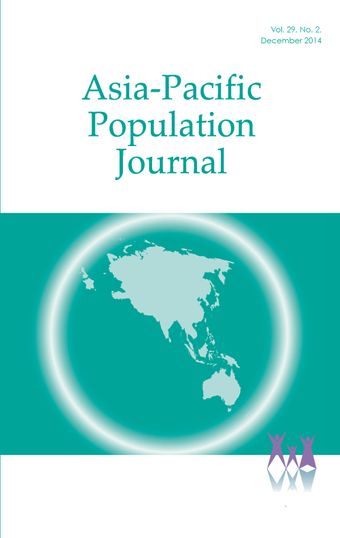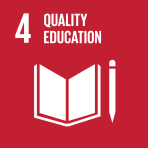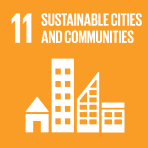-
Internal migration in the upper mekong delta, viet nam: what is the role of climate related stressors?
- Source: Asia-Pacific Population Journal, Volume 29, Issue 2, Dec 2012, p. 25 - 41
-
- 31 Dec 2012
Abstract
The present paper reports on a case study that investigated under what circumstances households use migration to cope with climate variability and food insecurity. Fieldwork was conducted in three communities in Dong Thap Province in the Upper Mekong Delta in Viet Nam. Methods used included a household survey (N=150), participatory research tools and key informant interviews. Ninety per cent of the survey respondents reported that climate-related stressors, such as floods, storms and changes in rainfall patterns, had adversely affected their livelihoods. Those effects, however, were more often qualified as being “moderate” rather than being “severe”, and for the survey population as a whole, no evidence was found that climatic stressors were principal drivers of migration from the area. The Upper Mekong Delta in Viet Nam is undergoing rapid economic development, with increasing migration mostly being driven by demand for labour in industrial centres. However, an analysis differentiated by income groups reveals that poorer households with little or no land are much more likely to be severely affected by climatic stressors than non-poor households. Their ability to cope and adapt locally is limited, and migration, which in most cases tends to be internal, is a common alternative. The present paper shows the importance of disaggregating climate impacts and migration causes for different socioeconomic groups.
© United Nations





